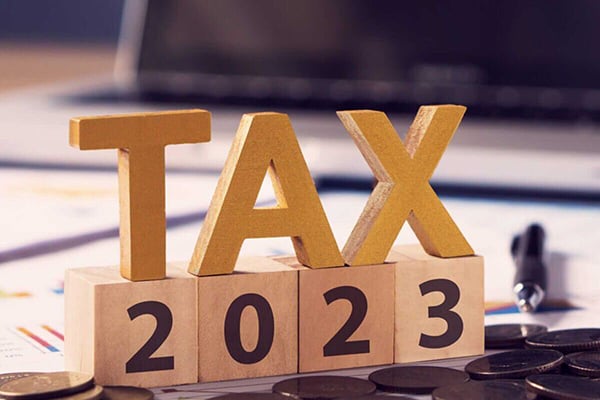Authored by: Reinert van Rensburg, Attorney and Tax Practitioner at Leap Group.
THE South African Revenue Service (SARS) is currently working towards automating the tax return submission process for all South African taxpayers. This means that more taxpayers may be eligible for auto-assessments, which are already in place for taxpayers who only receive income from sources where taxes were already withheld and IRP5s and similar documents are available to SARS.
The development of technology and agreements between SARS and third parties can result in a bigger percentage of taxpayers being auto assessed, including provisional taxpayers. SARS Commissioner, Edward Kieswetter, has been vocal about the importance of automating the tax assessment process and making it more convenient for taxpayers.
The South African residence-based tax system
In South Africa, taxpayers are taxed in accordance with their tax residence status, with a distinction made between resident taxpayers and non-resident taxpayers. The residence status of a taxpayer is extremely important information during tax assessments, as a resident is taxed on their worldwide income while non-residents are only taxed on South African sourced income.
During the auto-assessment process, SARS will consider the taxpayer’s residence or non-residence status before reviewing the income information provided to them by third parties. If the taxpayer is registered as a resident, SARS will assess the taxpayer on their worldwide income, even if they are living and working abroad. This highlights the importance of formalizing your non-resident status with SARS if you are living outside South Africa on a permanent basis to avoid potential tax liabilities.
Auto-assessments and improving technology
The primary objective of automating the tax return submission process is to streamline the process and make it more efficient for taxpayers. It will enable SARS to assess tax returns more accurately to reduce the risk of errors. Auto assessments will also free up resources at SARS to allow them to focus on more complex tax issues and audits.
SARS will utilise technology as far as possible, one method is through data matching, where SARS uses technology to compare the information provided by taxpayers with other sources of data, such as financial institutions and employers. This process allows SARS to identify discrepancies in income and other financial information. Third parties may include foreign financial institutions and revenue services to avoid situations where taxpayers are not paying tax in any country.
Another method is through artificial intelligence, which can be used to analyse large amounts of data and identify patterns and irregularities to pick up on potential tax evasion or fraud.
SARS’s improvement on tax collection
It is clear that SARS is making significant strides in improving their technology and tax collection processes each year. Mr. Kieswetter’s confirmation that SARS has millions of records of South African taxpayers and their foreign assets through the Automatic Exchange of Information (AEoI), and their commitment to working through each case, is evidence of this.
Additionally, SARS’s handover of 97 cases to the NPA in the past year, resulting in a conviction rate of 98% and over 75 years of prison time, demonstrates their commitment to improving tax compliance and reducing the tax gap. The continued use of advanced analytical tools and collaboration with other entities will undoubtedly further enhance SARS’s ability to identify and prosecute tax evaders, ultimately improving tax compliance in South Africa.
Taxpayers, whether living in South Africa or abroad, need to be prepared and ensure that the information that is available to SARS is in line with their factual situation. If their factual situation indicates that they are a non-resident, it is important that this non-resident status is documented with SARS, as it is a crucial factor in tax assessments.















